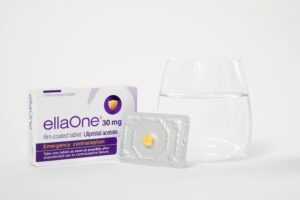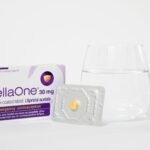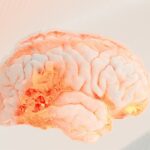
Introduction to Follicular Study
As couples embark on their journey towards parenthood, they often find themselves faced with numerous questions and uncertainties. One such question that frequently arises is can follicular study confirm pregnancy. In this article, we will explore the concept of follicular study, how it works, and whether it can be used as a definitive tool to confirm pregnancy.
Table of Contents
What is Follicular Study?
Follicular study, also known as folliculometry, is a diagnostic procedure that involves monitoring the growth and development of ovarian follicles through ultrasound imaging. This procedure is primarily used to assess the timing and quality of ovulation, aiding couples in their quest to conceive. By closely tracking the growth of follicles, doctors can determine the optimal time for sexual intercourse or fertility treatments such as intrauterine insemination or in vitro fertilization.
How Does Follicular Study Work?
During a follicular study, a series of ultrasounds are performed to visualize the ovaries and track the changes in the developing follicles. The study typically begins on the second or third day of the menstrual cycle and continues until the dominant follicle reaches maturity. By measuring the size of the follicles and monitoring their growth, doctors can predict the timing of ovulation.
In addition to ultrasound imaging, blood tests may also be conducted to measure hormone levels such as luteinizing hormone (LH) and follicle-stimulating hormone (FSH). These hormone levels provide further insight into the development of the follicles and the overall reproductive health of the individual undergoing the study.
Can Follicular Study Confirm Pregnancy?
While follicular study is a valuable tool for tracking ovulation and optimizing fertility treatments, it is important to note that it cannot definitively confirm pregnancy. The purpose of follicular study is to determine the most fertile window for conception, rather than confirming the occurrence of pregnancy itself.
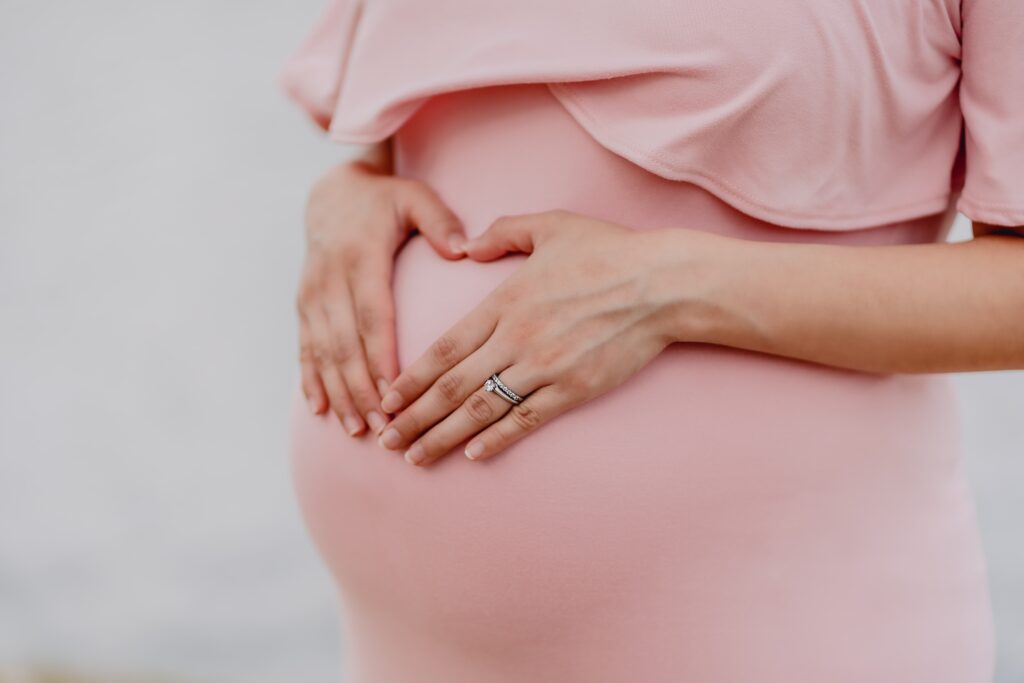
Once ovulation has occurred, the egg is released from the ovary and travels down the fallopian tube.If fertilisation occurs, the fertilised egg inserts itself in the uterine lining, resulting in pregnancy. However, it takes time for the fertilized egg to implant and for pregnancy hormones to be detectable in the body. This means that even if a follicular study indicates successful ovulation, it does not guarantee pregnancy.
Understanding the Limitations of Follicular Study
It is crucial for individuals undergoing follicular study to understand its limitations. While this procedure provides valuable information about ovulation, it cannot confirm the occurrence of pregnancy. It is essential to manage expectations and avoid assuming that successful ovulation automatically translates into pregnancy.
Additionally, follicular study is not foolproof. There are instances where ovulation may not occur despite the presence of mature follicles or the study may fail to detect ovulation altogether. It is important to consult with a healthcare professional to interpret the results accurately and to consider other diagnostic methods to confirm pregnancy if needed.
Other Methods to Confirm Pregnancy
If a couple is actively trying to conceive and suspects pregnancy, there are alternative methods that can be used to confirm pregnancy. The most common method is through a home pregnancy test, which detects the presence of the pregnancy hormone human chorionic gonadotropin (hCG) in urine. These tests are highly accurate when used correctly and can provide a quick and convenient way to confirm pregnancy in the comfort of one’s home.
For a more definitive confirmation, a blood test known as a quantitative hCG test can be performed. This test measures the exact level of hCG in the blood and can detect pregnancy even at very early stages. Blood tests are typically conducted at a healthcare facility and provide a more accurate result compared to urine-based home pregnancy tests.
When is Follicular Study Recommended?
Follicular study is recommended for couples who are struggling to conceive naturally or are undergoing fertility treatments. It helps in determining the optimal time for sexual intercourse or fertility procedures, increasing the chances of successful conception. Additionally, follicular study can be used to monitor the response to fertility medications, such as clomiphene citrate or gonadotropins, and make adjustments accordingly.
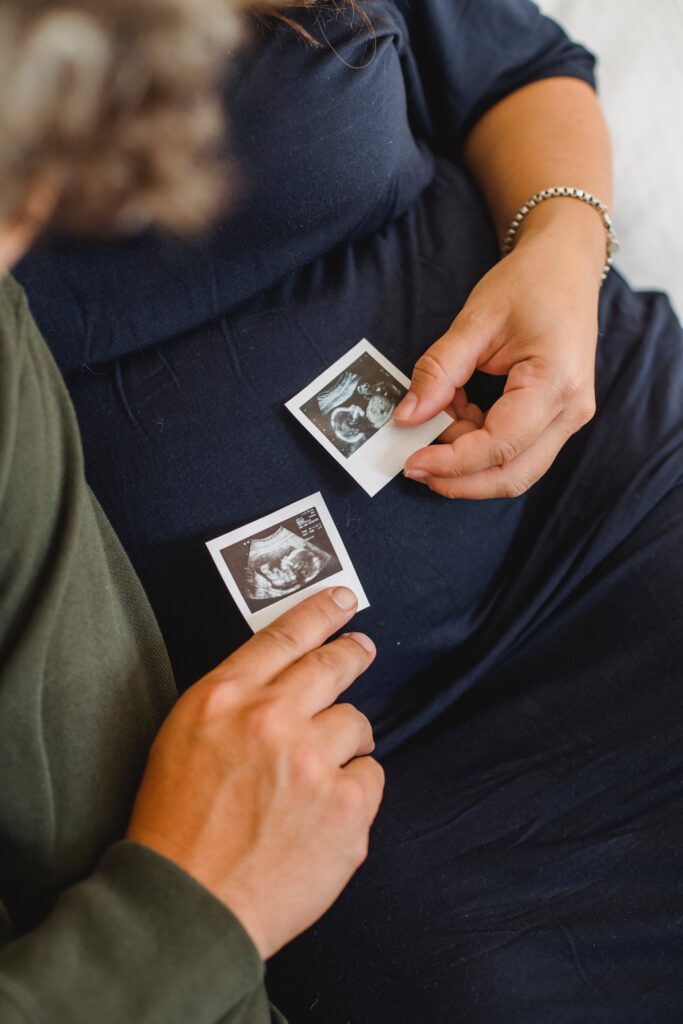
It is important to consult with a fertility specialist or reproductive endocrinologist to determine if follicular study is appropriate for individual circumstances. The healthcare professional will consider various factors such as medical history, age, and any underlying fertility issues before recommending the use of follicular study.
Risks and Side Effects of Follicular Study
Follicular study is a non-invasive procedure that carries minimal risks and side effects. The ultrasound imaging and blood tests involved are generally safe and well-tolerated. However, some individuals may experience mild discomfort or bloating during the ultrasound examination.
In rare cases, there is a slight risk of pelvic infection following the procedure. It is important to undergo follicular study under the supervision of a qualified healthcare professional to mitigate any potential risks and ensure proper care is taken throughout the process.
The Role of Follicular Study in Fertility Treatments
Follicular study plays a crucial role in fertility treatments such as intrauterine insemination (IUI) and in vitro fertilization (IVF). By closely monitoring the growth and development of follicles, doctors can determine the optimal timing for these procedures. In IUI, the procedure is typically performed shortly after ovulation is detected through follicular study. In IVF, the timing of egg retrieval is carefully planned based on the information gathered from the study.
Additionally, follicular study helps in assessing the response to fertility medications used in these treatments. If the follicles are not developing as expected, adjustments can be made to the medication protocol to optimize the chances of success.
Conclusion: The Role of Follicular Study in Confirming Pregnancy
In conclusion, while follicular study is a valuable tool in the quest for conception, it cannot confirm pregnancy on its own. Its primary purpose is to track ovulation and determine the most fertile window for conception. To confirm pregnancy, alternative methods such as home pregnancy tests or blood tests should be utilized.
If you are facing challenges in your journey towards parenthood, it is advisable to consult with a healthcare professional specializing in fertility. They can guide you on the most appropriate diagnostic methods and treatments to help you achieve your dream of starting a family.
Remember, follicular study is just one piece of the puzzle, and there are various factors that contribute to successful conception. Stay positive, stay informed, and trust the guidance of medical experts as you navigate this exciting and sometimes challenging path towards parenthood.
CTA: If you are experiencing difficulties in conceiving, consult with a fertility specialist to explore suitable options for your situation.
Note : Explore our blog on STI Vs STDs
FAQs
Why might someone think a follicular study can confirm pregnancy?
There may be misconceptions due to the association of follicular studies with fertility treatments and ovulation tracking. However, the primary purpose of this study is not to confirm pregnancy but rather to monitor ovarian follicle development.
Are there any risks associated with undergoing a follicular study?
Generally, follicular studies are considered safe. However, as with any medical procedure involving ultrasound, there may be minimal risks or discomfort. It’s essential to consult with a healthcare professional about any concerns.
What are the accurate methods to confirm pregnancy?
The most reliable methods to confirm pregnancy include urine tests for hCG, blood tests for hCG levels, and ultrasound scans to visualize the gestational sac or fetal heartbeat. These diagnostic tools provide definitive evidence of pregnancy.
How does a follicular study help in fertility treatments?
In fertility treatments, a follicular study helps determine the optimal time for intercourse or intrauterine insemination (IUI). By tracking follicle growth and predicting ovulation, healthcare providers can enhance the chances of conception during fertility procedures.


